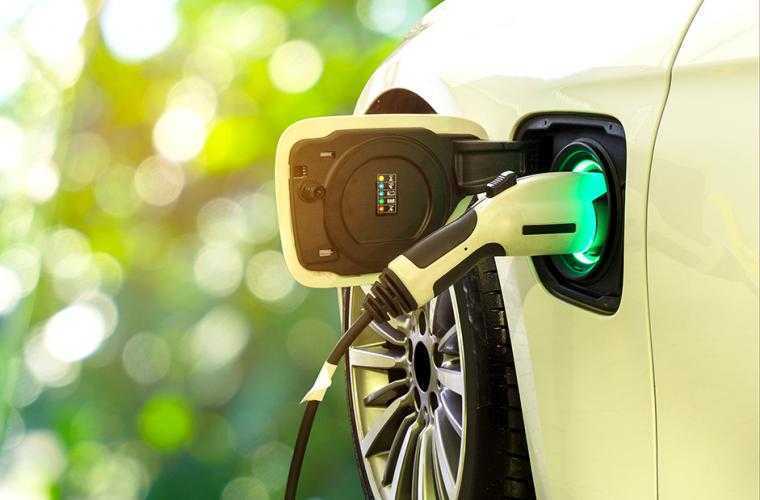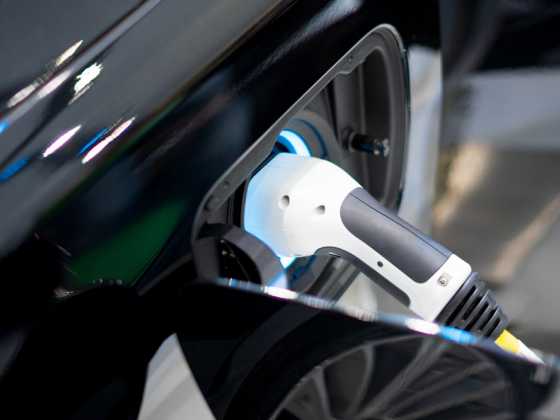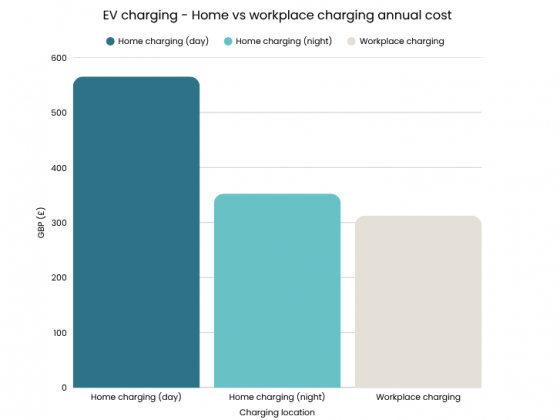First EVs delivered for Oxford’s Energy Superhub project

Oxford City Council has taken delivery of its first electric vehicles (EVs) as part of its Energy Superhub Oxford project, which forms an integrated approach to decarbonising power, heat and transport across the city.
The council has also outlined the next steps for electric vehicle charging infrastructure, transport, and low carbon heating for homes.
Energy Superhub Oxford (ESO) will see the trialling of the world's largest hybrid battery system (50MW) to support the acceleration of Oxford’s electric vehicle charging capacity and fleets, and to power ground-source heat pumps for residential properties.
The Energy Superhub Oxford is a collaboration between Oxford City Council and Pivot Power (an EDF Renewables UK company) which also includes Habitat Energy, Invinity Energy Systems (previously redT energy), Kensa Contracting and the University of Oxford.
Oxford City Council’s wholly-owned company, ODS, which operates like a social enterprise, has added six new EVs to its current fleet, with a further 27 (including cars, a street sweeper, excavator, and mix of different sized vans) due to be delivered over the next 3-4 months. It aims to electrify 25% of its 330 fleet by 2023.
Users of the current vehicles have reacted extremely positively and enjoy driving them which has led to buy in from numerous other ODS staff wishing to be part of the trials for new vehicles coming onto the fleet. Part of ODS’ support to these employees will be to provide home charging facilities where required.
The project is allowing ODS to evaluate its existing fleet and assess its strategy for electrification based on usage, range, emissions, costs and suitable electric replacement.
The project is also funding a ‘Try before you buy’ scheme for Oxford’s Hackney Carriage drivers with Electric Blue, which aims to accelerate the switch to zero emission capable (ULEV) Hackney Carriage vehicles. The scheme enables drivers to trial one of two models – an all-electric Nissan Dynamo or an LEVC (London Electric Vehicle Company) – for a two or four-week period, with the aim of reducing barriers to adoption.
Two electric LEVC taxis are already operating in Oxford, with two more on the road shortly and several drivers making purchasing enquiries. From 2025 drivers will only be able to get a licence if they have a zero-emission capable cab.
Through the scheme, the City Council will be providing support to the first 10 adopters of zero emission capable (ULEV) Hackney Carriage vehicles that are licensed by the City Council. The city council will waive vehicle licence fees and certificate of compliance test fees incurred up to and ending on 31st March 2024.
The electric taxis will be serviced by ODS, who is an approved authorised service dealer and compliance testing for electric taxis through qualified technicians certified by LEVC.
Pivot Power is installing the world’s most powerful charging network at Blackberry Lane, South Oxford. This network will connect public charging facilities at Redbridge Park & Ride directly to National Grid’s high voltage transmission network. The network will also be able to provide power for local businesses seeking to electrify their fleets, from logistics companies to bus operators.
The Park & Ride EV public Superhub aims to include 20 charge points ranging from rapid (50kW+) to ultra-rapid (150kW+), capable of charging a car in 15-50 minutes, and 30 fast charge points (min 7kW) which can charge a car over a period of hours, for example while Park & Ride users are at work or shopping in the city centre.
Pivot Power is also developing the world’s largest ever hybrid energy storage system, which will share the grid connection with the private wire network. The battery will help balance the grid by enabling greater use of clean, renewable energy sources, and will predict overall demand on the private wire network to support the management of future fleet charging.



